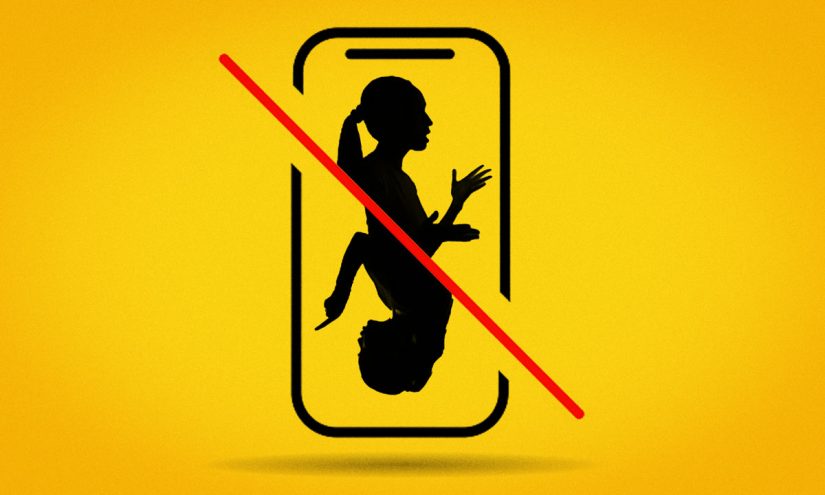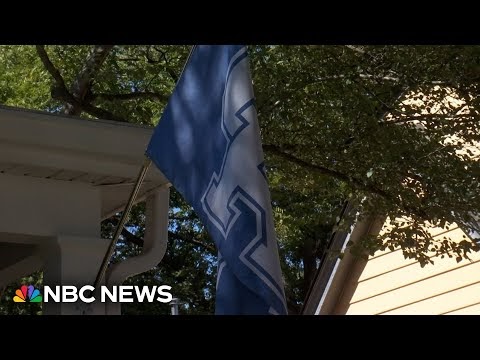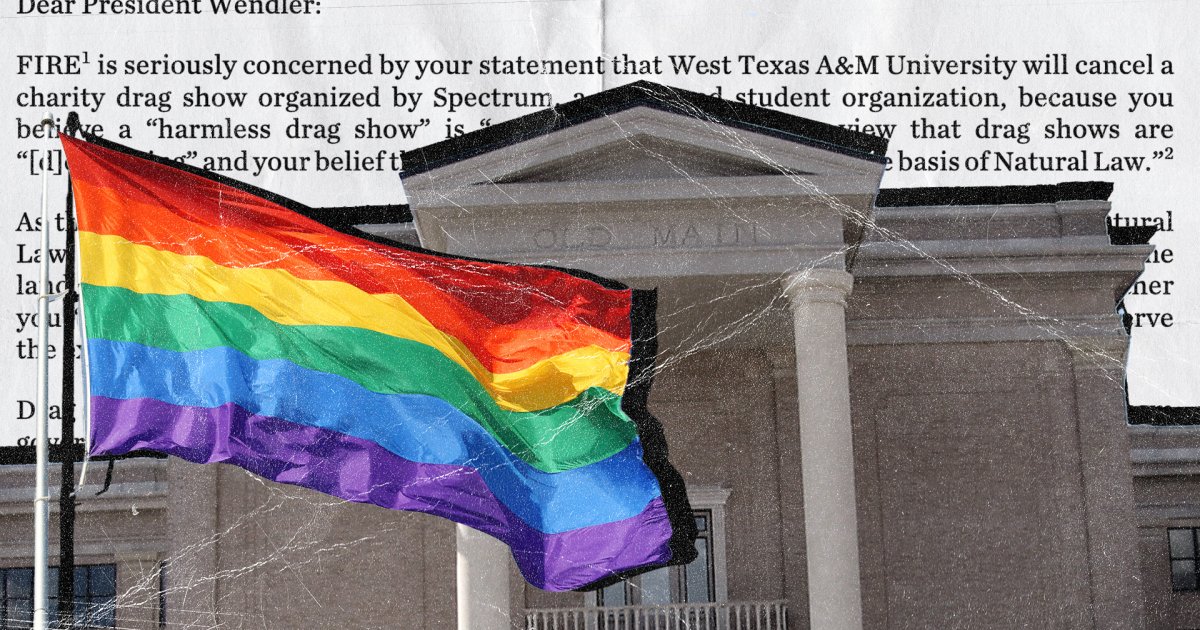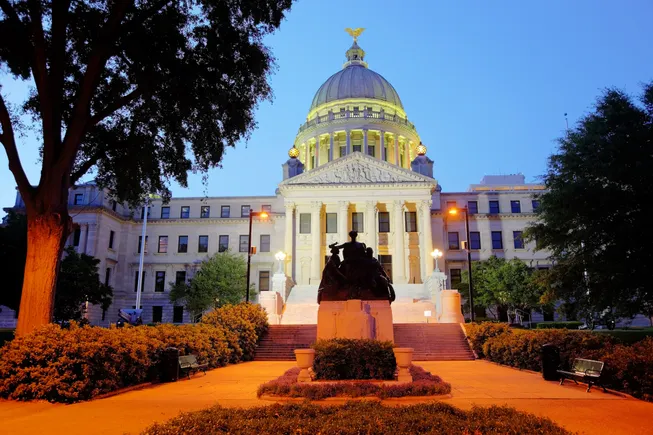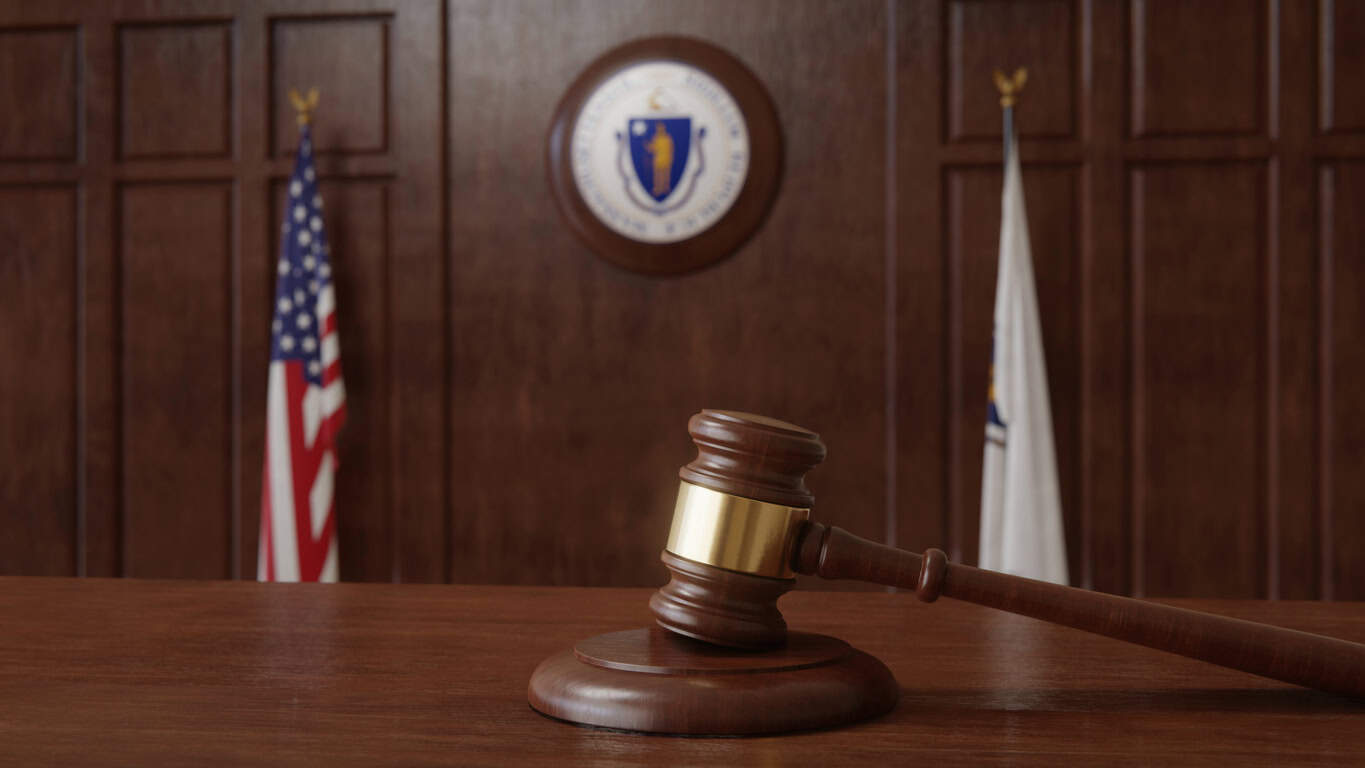One year after I reported on New York City parents’ reactions to a proposed ban on cellphones in the classroom, students and teachers have returned to schools with that ban in place.
When I asked families on my 4,000-plus-member NYC School Secrets mailing list how they felt about the new restriction, I received answers ranging from enthusiasm to concern.
“Phones and smartwatches in classrooms and school hallways are more than just a distraction — they’re a barrier to learning, focus and social development,” according to Manhattan’s Arwynn H.J.
“Bring on the ban,” cheered Bronx parent and teacher Jackie Marashlian. “My high school students were ready to air-scroll me toward the ceiling with their fingers, so bored with whatever it was I was trying to impart to them. One day we had a WiFi glitch and I saw my students’ beautiful eyes for the very first time. Bring kids back to face-to-face interaction and socializing during lunch breaks.”
“As a middle school teacher in the Bronx and parent of an eighth grader, I think the cellphone ban is fantastic,” agreed Debra. “While my son is ‘devastated’ he can’t have his phone, it scares me that he’s said he doesn’t know what to do at lunch/recess without a phone. Kids have become so reliant on technology, even when they are with their peers, that often they are not really WITH their peers; they are all just staring at their phones. I hope the cellphone ban leads more students to be both physically and mentally present.”
For mom Elaine Daly, the phone ban affects her more than her special-needs daughter. “My child is 11 and knows she is not to use the phone in school. My parental controls blocks, locks and limits access. But I need her phone to be on so I can also track her, since the NYCSchools bus app always says: Driver offline.”
Jen C., who reported the ban has been going well with her child in elementary school, sees a bigger issue for her high school-age son. “He has homework online and likes to get started during his free periods. However, he’s not allowed to use his laptop, and there are not enough school issued laptops. I feel that teachers should give off-line work, or the school needs to give access to laptops.”
Parents of older students were the ones most likely to be against the blanket edict.
“You can’t have the same policy for kids 6 years old and for 17 years old,” mom Pilar Ruiz Cobo raged. “This policy is crazy for seniors. Yesterday, my daughter had her first college adviser class, and only five kids could work because the rest didn’t remember their passwords to Naviance and the Common App. The verification code was sent only to their phones. Children who don’t study, don’t study with and without phones, now the children who actually work have to work double at home.”
A Queens mom pinpointed another problem. “Many high school students leave the premises for lunch, and my son’s school is one of those. He said they’re not allowed to take their phones. Children need to use phones outside of school for various reasons; to use phone pay, to contact their parents for lunch money or any updates, etc…”
The policy varies from school to school. At some, students are allowed to request their phones back when temporarily leaving the premises. However, the larger the school, the less likely it is to have enough staff to handle such exchanges.
“An interesting aspect of this policy is that although it was presented as a smartphone ban, it’s actually much more expansive, including tablets and laptops,” pointed out dad Adam C. “This presents a challenge for high school students who rely on laptops for receiving, completing and submitting assignments through Google Classroom.”
“They say parents have to provide their own laptop pouch (there are none similar to Yonder), and they can’t store laptops in backpacks,” confirmed Queens mom Y.N. “My son has afterschool sports activities and likes to do his homework on his laptop in between. I think he’ll have to take it with him and hope they don’t confiscate.”
“While I’m not opposed to keeping students off platforms like Snapchat during school hours,” Adam continued, “They should be able to connect a laptop to a school-managed Wi-Fi network for school-related purposes, and the current policy doesn’t provide the schools with much leeway around this.”
But Y.N. doesn’t believe that’s accurate. “I already voiced my concern to the Student Leadership Team (SLT). At the Panel for Education Policy, they said these rules are fluid. Because the regulations came after the SLTs were done for the year, the chancellor said they should be able to change them. She said a plan had to be made before Day One, but it doesn’t mean that adjustments can’t be made at the school level. ‘Tinkering’ was the word they kept using.”
If that’s the case, perhaps NYC can pull back from its traditional one-size-fits-all approach and allow individual schools to “tinker” and set limitations based on the needs and feedback of their community, adjusting policy based on grade level, academic requirements and a multitude of other factors.
Get stories like these delivered straight to your inbox. Sign up for The 74 Newsletter

